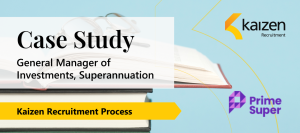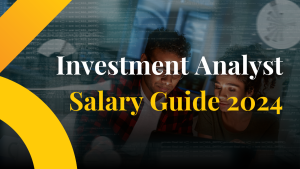The Current And Future State Of Advice In Superannuation
Kaizen recently took part in AIST’s Advice in Super Symposium and would like to share a number of important key themes. There was an outstanding cross-section of industry leaders exchanging their experiences, views and predictions around the state of advice in superannuation.
On a whole, the message was that there is a growing demand for advice, yet a foreseeable shortfall in advisors plus enormous investment required to get robo-advice successfully in place, for which demand is yet to be proven.
Key messages across all industry funds
- Industry super funds are struggling to engage and communicate to members that help and/or advice is available for all members.
- Once members reach retirement age, they are either withdrawing super balances as a lump sum or transferring their super balances to a retail fund.
- Robo-advice is coming:
- Most industry funds are testing robo-advice.
- It will take time for members to embrace robo-advice.
- Robo-advice is a very costly process to setup.
- It will take a long time before the robot advice process and implementation of advice will become operationally efficient.
SESSION 1 – AUSTRALIA’S AGEING POPULATION – WHAT YOU NEED TO KNOW
Prof Hazel Bateman
- People continue to save in retirement in Australia, therefore are not drawing down their pension as expected.
- People on full government pensions and low super are still saving.
- Four key reasons why people continue to save in retirement:
- Health/aged care risk
- Self-gratification
- Autonomy
- Security
Prof John McCallum
- People want to deal with people, especially older Australians.
- $17.4B in aged care services last financial year and growing.
- 80% of older Australians receive some government services before death.
- 57% of people would pay 10% of their super on retirement to receive income for life.
- Women in the superannuation era are the most vulnerable and long living.
SESSION 2 – KNOCKING ON THE DIGITAL DOOR
Megan Cottrell – GM Digital Advice, Hesta
- Digital advice is used to engage audience, it is a means to start a conversation with members. Hesta is making it easy for members to engage through mobile access as 25-45yr old members are most engaged online.
- Hesta’s research indicates that members feel they are not of ‘high-enough value’ therefore members feel they are not worthy of advice.
- Face to face advice model won’t work for Hesta because Hesta don’t have the capability to service 840,000 (majority female) members. Digital advice enables scalability.
Josh Parisotto – Executive Manager Distribution (Advice), Vic Super
- 42% of intra-fund advice is expected to be provided via digital channel in five years.
- Members are looking for a financial coach. Members want transparency, simplicity and speed.
- Member problems/issues:
- Super is too complex
- Retirement to too far away
- In denial about not having sufficient funds in retirement
- Regret in not contributing more, earlier
- Vic Super’s main focus is to engage members early through online tools and calculators.
- Voice activation is the way forward for members.
- Members are able to generate SoAs for contribution and investment option advice. The majority of advice provide relates to contribution advice tackling the issue of retirement adequacy.
- Over 50 year-old individuals still want face-to-face meetings.
SESSION 3 – THE SECRETS OF MEMBER ENGAGEMENT
Geoff Brooks – Head of Marketing and Advocacy, Equip
- Retention/conversion rate from accumulation accounts into account-based pensions for members:
- With no financial planning = 7%
- Meet a financial planner = 64%
- Meet a financial planner and full implementation of advice =72%
Anne Fuchs – Head of Advice, Sun Super
- Average age of Sun Super members is 35 years old.
- In 2017, Sun Super changed direction to focus on retirement for members.
- Retail super funds have the lion share of the pension assets because members want to deal with people when they retire.
- Sun Super closed their comprehensive advice offering (refer out) and only offer intra-fund advice
Greg Harper – Head of Advice and Retirement, CBUS
- Value of help and assistance to members is more important than advice.
- No significant proof that there is a demand for robo-advice.
SESSION 4 – ADVICE PRACTICE MANAGEMENT MODELS
Colin Williams, Comparator
- Continued reduction in the number of face-to-face advisers across the industry. Only one third of bank, self-employed and super funds had positive adviser growth.
- Super funds typically employ advisers with more experience and higher qualifications that thee banks and other salaried businesses
- Base salaries tend to be higher at super funds although total remuneration is higher at banks.
- The telephone advisers often come from within the broader business and generally move to another role within the business.
- In our digital advice study, we saw a small decrease in the number of SoAs produced.
Frank Ceravolo – National Manager Advice, Australian Super
- Allow all members to have access to help and advice
- Be comfortable in your own skin
- Three basic advice channels:
- Digital
- Phone based advice – via Link
- Face-to-face – internal and external
- Recruitment strategies – previous 2-3 years aggressive growth in adviser numbers. Two people left in last 12 months and didn’t replace them as there is not enough demand from members.
Maurizio Lombardi – Head of Advice & Fin Planning, Hostplus
- Nine advisers nationally – five females and four males (average age 45)
- Four in-house advisers covering intra-fund advice. Two males two females. All hold advanced diploma at a minimum. Average age is 30.
- Recruitment – phone-based advisers growing from one to four in last 18 months. This will increase rapidly in the coming years. The fit is the big concern.
Steve Cullen – Executive GM, Financial Planning, Telstra Super
- Recruitment – phone-based team put in two years ago and this continues to grow.
- Advisers get referred through existing employees. The gloss of a higher salary starts to wear off at a bank if there is no support.
- Cultural fit is the key theme when searching for advisers.
SESSION 5 – ADVICE TEAMS: MAKING THE BEST OF PEOPLE POWER
Dr Deen Sanders – Financial Adviser Standards and Ethics Authority
- ASIC Report 562- January 2018 – 75% of advice was non-compliant
Adrian Raftery – Deakin University
- Research indicates that 5,000 – 8,000 advisers will leave the profession by 2024.
- Cost of new recruits/graduates will be costly.
- Organisational structure is more important that the student’s results/potential.
Matt McGilton – Director
Kaizen Recruitment specialises financial services recruitment across funds management, wealth management, superannuation, investment consulting and insurance. We are based in Melbourne and Sydney. For assistance or further information please telephone our office at +61 3 9095 7157 or submit an online form.
Like what you see?
Please feel welcome to join
Kaizen Recruitment’s mailing list











